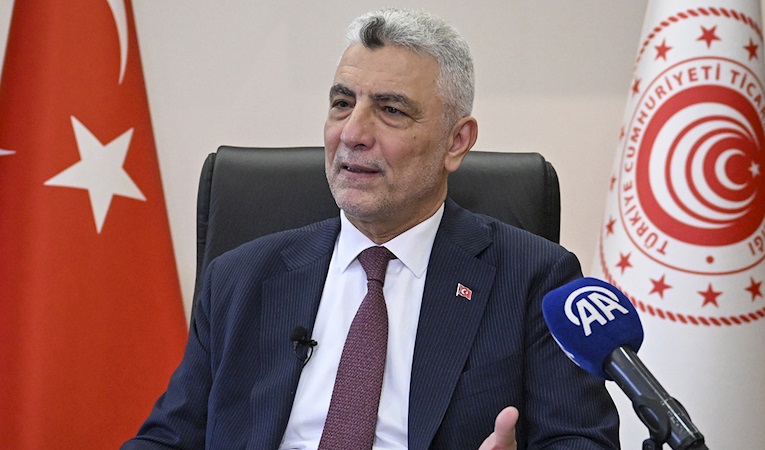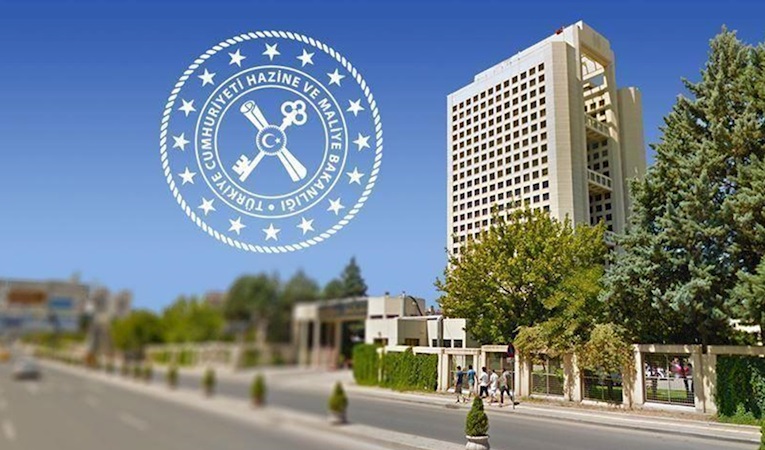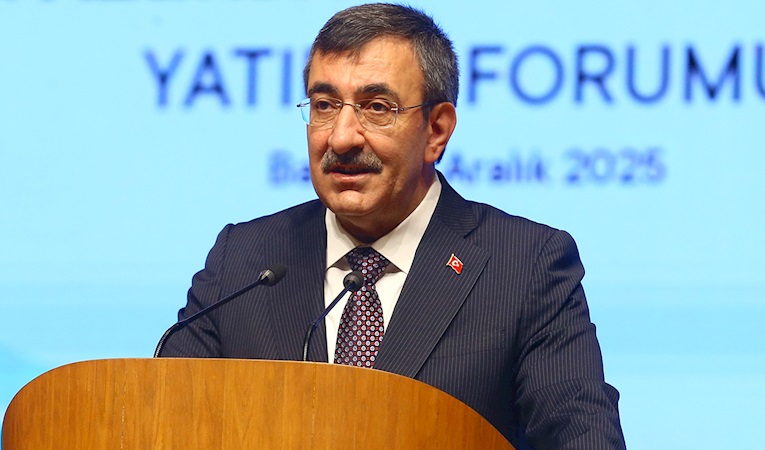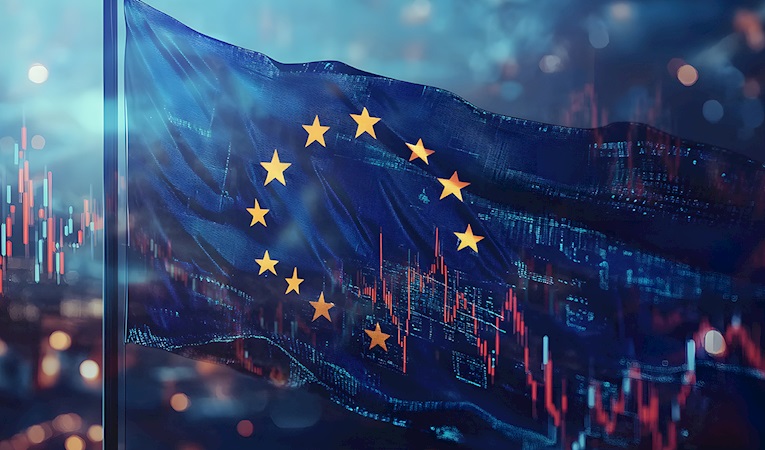
-
BIST 100
 11261,52%0,37En Düşük11238,60En Yüksek11324,36
11261,52%0,37En Düşük11238,60En Yüksek11324,36 -
DOLAR
 42,96%0,00Alış42,9507Satış42,9607En Yüksek42,9584
42,96%0,00Alış42,9507Satış42,9607En Yüksek42,9584 -
EURO
 50,55%-0,01Alış50,5334Satış50,5625En Yüksek50,5820
50,55%-0,01Alış50,5334Satış50,5625En Yüksek50,5820 -
EUR/USD
 1,17%-0,17Alış1,1732Satış1,1733En Yüksek1,1753
1,17%-0,17Alış1,1732Satış1,1733En Yüksek1,1753 -
ALTIN
 5952,84%0,02Alış5951,97Satış5953,71En Yüksek5958,83
5952,84%0,02Alış5951,97Satış5953,71En Yüksek5958,83
-
BIST 100
 11261,52%0,37En Düşük11238,60En Yüksek11324,36
11261,52%0,37En Düşük11238,60En Yüksek11324,36 -
DOLAR
 42,96%0,00Alış42,9507Satış42,9607En Yüksek42,9584
42,96%0,00Alış42,9507Satış42,9607En Yüksek42,9584 -
EURO
 50,55%-0,01Alış50,5334Satış50,5625En Yüksek50,5820
50,55%-0,01Alış50,5334Satış50,5625En Yüksek50,5820 -
EUR/USD
 1,17%-0,17Alış1,1732Satış1,1733En Yüksek1,1753
1,17%-0,17Alış1,1732Satış1,1733En Yüksek1,1753 -
ALTIN
 5952,84%0,02Alış5951,97Satış5953,71En Yüksek5958,83
5952,84%0,02Alış5951,97Satış5953,71En Yüksek5958,83
- Anasayfa
- Haberler
- Tüm Haberler
- How global
How global
In fact, targeting globalization came onto the major groups’ agenda in the 2000s.
1.05.2012 00:00:000
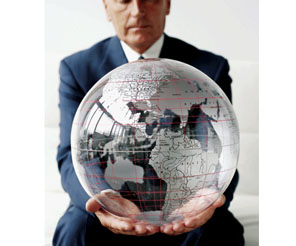
IN ONE of his analyses, the famous strategist and management guru Donald Sull said: "It is not necessary to have operations in 80 countries around the world in order to be a global company." He believes that, contrary to common opinion, being big is not a prerequisite. Sull says: "Companies which come from developing countries and succeed in becoming global, travel the entire world for good ideas and adapt them to their own ways." So what other kind of criteria are required in order to become a global company? In fact, all the experts have their own definitions and criteria for being global. In order to assess the progress that the leading groups in Turkey have made towards globalization we conducted an analysis according to eight basic criteria. These criteria
included: having foreign partners, the company being present, having production facilities and a brand in various places around the world, having a certain number of employees abroad, and being able to sell products across a wide geographical area. The other important criteria were the volume of the group’s foreign trade and how much of their revenue they secured from abroad. We evaluated the information shared with us by 19 holdings accord
WHERE DO THE HOLDINGS' REVENUES COME FROM?
Management gurus say that the basic criterion for whether a company is or is not global is whether it secures more than 50 percent of its revenue from outside the country. When we look at the foreign revenue of the 19 groups from this perspective, we see that only two holdings meet this criterion. Last year, Zorlu Holding earned 75 percent of its revenue from operations abroad. Vestel, which realized $3 billion worth of exports in 2011, played an important role in the group’s performance in this regard. After the sale of Finansbank, Fiba Holding, which secured 57.1 percent of its revenues from abroad, focused on the financial sector abroad and shopping centers and retailing in neighboring countries such as Russia and performance in this regard.~
After the sale of Finansbank, Fiba Holding, which secured 57.1 percent of its revenues from abroad, focused on the financial sector abroad and shopping centers and retailing in neighboring countries such as Russia and Ukraine. It was a similar picture in Tekfen Holding and Akfen Holding. Tekfen Construction Senior Assistant General
Manager Osman Birgili announced that in 2010 the Tekfen Group secured 45 percent of its total turnover of TL2.2 6 billion from sales of goods and services abroad. Akfen CEO Süha Güçsav said, that in the first nine months of 2011, they earned 43.3 percent of their total revenue from Qatar, Oman, Macedonia, Tunisia, Georgia
Dubai and Abu Dhabi.
DOING BUSINESS WITH FOREIGNERS
Of course, one of the most important criteria for being global is having a culture which facilitates doing business with foreign companies. As a result, partnerships with foreign investors and companies are significant in this regard. Out of the 19 holdings, it is the Anadolu Group which comes to the fore in this criterion. The group has partnerships with 13 foreign brands, including Coca-Cola, Miller, Isuzu, Faber-Castell, Hisense, and McDonald's. Sabancı Holding, which has partnerships with 11 global giants, including Aviva, Bridgestone, Carrefour, Heidelberg Cement, Hilton International, International Paper and Philip Morris, is developing a global network with 30 companies abroad. With 18 production facilities, the group has the title of having the most production facilities abroad of any of the 19 holdings. The other groups with the most foreign partners are Doğuş Holding and Yıldız Holding. Doğuş Holding CEO Hüsnü Akhan says: “We are targeting creating competitive companies and being ranked amongst the top three in every sector in which we are active with global partnerships." Borusan Holding CEO Agah Uğur says: "Apart from our logistics business, we have international business partners in all of the sectors in which we are active. In the steel sector it is ArcelorMittal and Mannesmann, hile in energy we are partners with EnBW AG which is one of the biggest players in Germany."
FOREIGN EMPLOYMENT
The globalization drive of holdings in Turkey has resulted in them acquiring a significant workforce abroad. The 19 holdings which are pursuing globalization employ 70,000 personnel in the 300 companies they have abroad. The Anadolu Group has created the most employment abroad with 12,000 personnel. The group is followed by Hedef Alliance. A total of 10,500 people work in Hedef Alliance’s Hydrapharm company in Algeria and its UCP firm in Egypt. At the end of 2011, Akfen Holding, which is active in airports construction and management, maritime ports, maritime transportation, energy investments and investments in real estate, was working in four countries with TAV Havalimanları Holding, in which it is a partner, in nine countries with TAV İnşaat and two different countries with Akfen GYO. Tekfen, which has companies abroad in Germany, Azerbaijan and Uzbekistan, had 10,180 employees in 35 different countries as of the end of February 2012.
Türkiye ve dünya ekonomisine yön veren gelişmeleri yorulmadan takip edebilmek için her yeni güne haber bültenimiz “Sabah Kahvesi” ile başlamak ister misiniz?


